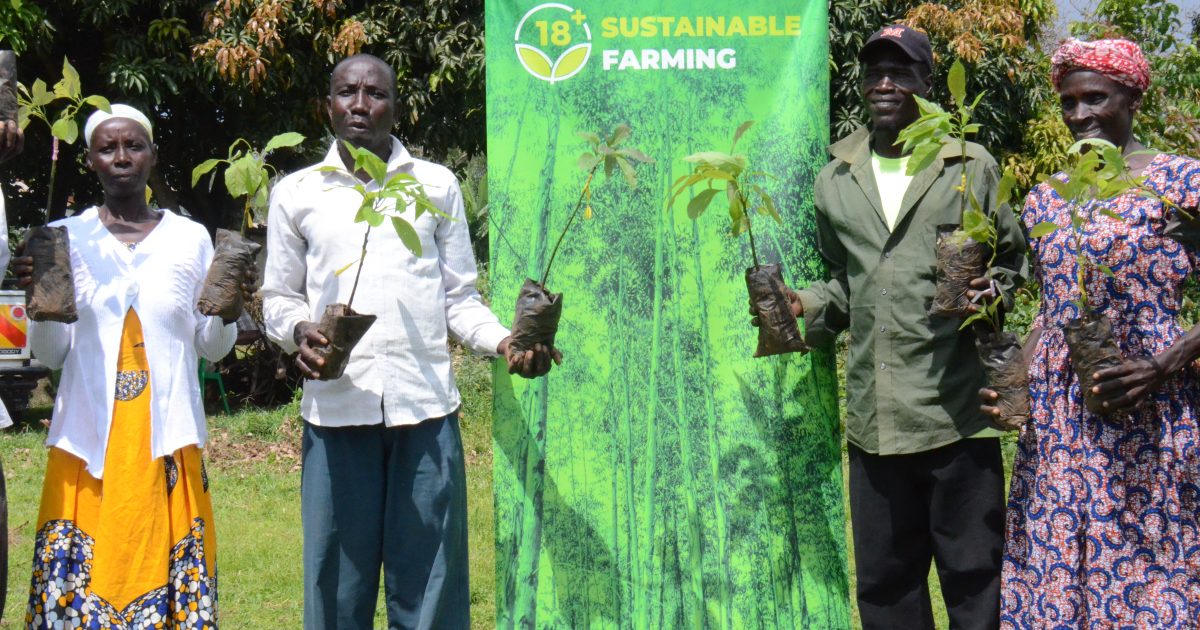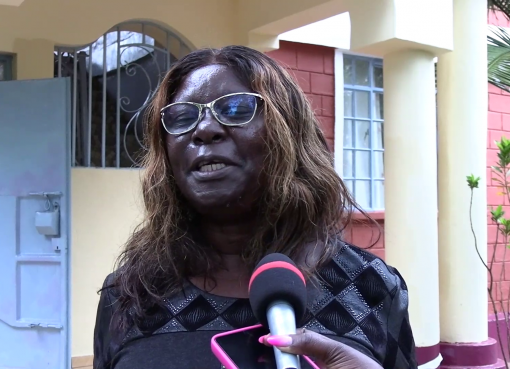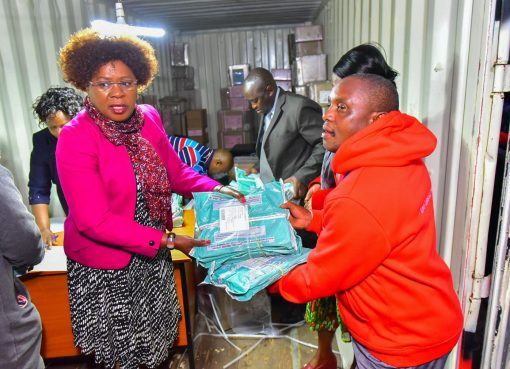In recent times, the world has witnessed a shift towards a more health-conscious society. This trend has led to the adoption of healthier eating habits, including the increased consumption of fruits and vegetables.
The changing market demands and health concerns have left many farmers struggling to make ends meet, especially non-food crops growers.
In Migori County, the new trend has hit hard on tobacco farming which has been a staple cash crop in the area’s economy for decades.
However, a new initiative has emerged within the region that aims to provide farmers with an alternative crop that can help them diversify their income streams and improve their health.
British American Tobacco (BAT) Company Kenya, a non-indigenous entity, has taken this cue to introduce avocado farming to tobacco farmers in Migori County to diversify their income sources and improve their economic and health needs.
To achieve this noble course, the company has declared its intention to distribute avocado seedlings to tobacco farmers in the region who have for a long time only planted the crop (avocado) as a decorative fruit plant within their farms and homes not knowing that it can be a source of livelihood.
In recent months, the avocado fruit has gained significant popularity and has been touted as a superfood due to its numerous health benefits.
With a ready market both domestically and internationally, BAT now hopes that by introducing the crop to its farmers, the beneficiaries will be able to improve their livelihoods and reduce their dependence on tobacco as their main source of income.
“Starting this month, BAT will give out thousands of free avocado seedlings to our tobacco farmers with a view to have them grow this crop in some of their plots as they continue with tobacco farming,” said Mr. William Okello, one of the many company field officers.
The negative health impacts of tobacco on farmers and those consuming its sticks and fermented leafs have become the campaigning tools to make a paradigm shift to alternative safe crops such as avocado that in recent years have hit the market with attractive prices and high demand.
Other than its effects on farmers’ health, tobacco use is associated with a wide range of health problems, including several types of cancer and other chronic diseases that affect smokers, among them, chronic obstructive pulmonary disease (COPD) – bronchitis and emphysema.
COPD can lead to difficulty in breathing, chronic coughing, and other respiratory symptoms.
Many countries are enforcing strict regulations on the tobacco industry making it slowly adopt mixed farming bringing on board safe crops, preferably avocado.
These regulations have made it more difficult for tobacco farmers to grow and sell their crops, and many have been forced to look for alternative sources of income.
“Influenced by the ever-rising global demand for avocados, it would be suicidal for a company like BAT Kenya to ignore this crop”, said Mr Okello, adding that it’s why they have decided to weave its growth alongside tobacco.
Avocado is considered a “superfood” due to its high nutritional value, and its popularity especially in Western countries has ignited a big demand from Kenya, and Migori is not spared.
Its introduction has generated significant opportunities for farmers in the region, where the climate and soil conditions are ideal for growing the fruit.
Avocado farming has several advantages over tobacco farming. For instance, avocado is a perennial crop that can yield fruit for up to 50 years with proper care.
This means that farmers can enjoy a more stable source of income for long and avoid the cycle of planting and harvesting. Furthermore, avocados require less water and pesticides than tobacco, making them a more sustainable crop.
But perhaps the most significant advantage of avocado farming is its potential for improving farmers’ health. By contrast, tobacco farming is notoriously dangerous, with farmers exposed to harmful chemicals and at risk of developing respiratory illnesses such as “green tobacco sickness.”
Mary Atieno, a 45-year-old widow and mother of five, has been farming tobacco for over a decade but says that all she has gained out of this activity is ill health as a result of the harmful chemicals.
“While I relied on tobacco growing as my sole source of income, it did not change my poor income to anything good, instead it became a great cost to my health,” she rued during an interview, explaining.
“I have been suffering from breathing problems and chest pains for years now. With very little money in my pocket, I have to take medication every day just to remain alive.”
Additionally, the chemicals she uses to grow and the method of curing the tobacco leafs have greatly affected her eyesight.
But now Atieno is excited about the prospect of switching to avocado farming noting that she will spend less on medical bills and also, she will not spend much energy in producing avocado like in the much laborious tobacco farming.
Similarly, John Ouko, a 35-year-old father of three, has also been farming tobacco for many years.
John says that while he has been able to eke a living from the crop, the market for tobacco has become increasingly unpredictable in recent years.
“Sometimes I am able to sell my tobacco for a good price, but other times I have to sell it for much less than its worth. It’s hard to plan for the future when you don’t know how much money you will be making,” he says.
John believes that avocado farming would provide a more stable source of income for him and his family once the crop starts to yield.
“With avocados, I know that I will be able to sell my crop for a good price every year and use the funds to do other investments,” he says.
By Polycarp Ochieng and George Agimba





